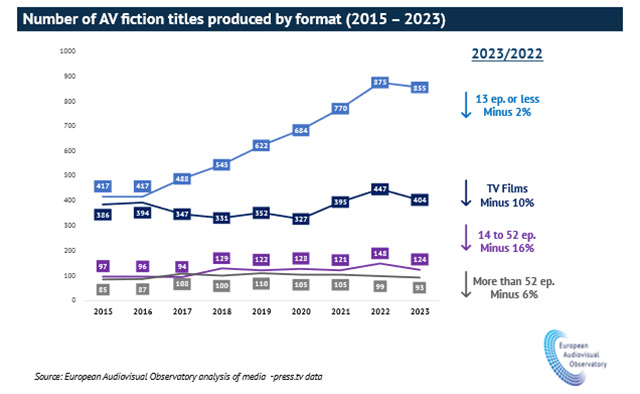Travel
Costly money mistake that Aussies commonly make while travelling Europe

It’s that time of year when what feels like half of Australia’s population has flocked to Europe’s sunny shores.
While a Euro Summer may seem like a dream vacation, there are a few mistakes that Aussies are prone to making, which could put a dampen on their trip.
9Travel spoke with Mark Trim, founder and director of RoundAbout Travel and Complex Travel Group to get his tips and tricks for avoiding the most common mistakes made by Aussies overseas.
Read through before packing for your next holiday.
READ MORE: How much one couple spent on their trip to Europe
Relying on Google for your visa and entry requirements
There are tons of online scams that look like official government websites, but will charge you unnecessary fees for e-visas or immigration forms which are usually free.
Solution: Be sure to verify the official source of any visa processing websites. Remember that scam companies bid on Google keywords to rank higher than governments who don’t optimise their websites.
Being ripped off with foreign currency
When you’re dealing with a new currency – and maybe even multiple on one trip – it can be easy to get confused and mess up the value of things. There are a few common ways that Aussies are constantly getting ripped off when it comes to exchanging or withdrawing money overseas.
READ MORE: The best things to do in Wimbledon that aren’t tennis

Solution: If you’re using a travel money card, check the fees when you load up the card. You may find the double-up of transaction costs worse than a premium credit card.
Never exchange money at the airport, where rates and fees are sky-high.
Finally, when you’re paying with your card, always select the local currency (eg GBP/EUR/CHF etc), never AUD.
If you select AUD you will pay huge currency conversion fees and potentially add 2-5 per cent to the costs of your item or bill.
READ MORE: Top five mountains to visit in Japan, beyond the iconic Mount Fuji

Not pre-booking Eurail seats
Rail is one of the easiest ways to get around Europe, and a picturesque way to see the countries you’re visiting. But if you don’t pre-book your seats on most services, especially fast trains, you could be stuck at rail stations until a pass-holder seat is available.
Solution: Only a limited number of pass-holder seats/fares are available so pre-booking is important.
Overpaying for rental car insurance
When you’ve already forked out money to rent a car, it can be tempting to forgo the extra fees and charges associated with coverage.
But it’s worth checking if your travel insurance covers you for any car rental damage – meaning you’ll have peace of mind without having to spend even more with the rental company.
Solution: Check your travel insurance schedule of benefits and you may find you are covered up to a certain limit. You can potentially save huge amounts by relying on third-party cover to mitigate your excess risk.

Forgetting to schedule down days
You’ve flown to the other side of the world, where countries are so close together that you could visit three in one day. It’s tempting to jam-pack your schedule with activities so you can see as much as humanly possible.
But all this will do is lead to burn-out, which could ruin your holiday.
Solution: Less is more. Travel days can be tiring so avoid planning too much right after your arrival. And instead of four places in a week, perhaps just one or two.
If you like to see a huge number of cities and keep moving, consider using a port-heavy Ocean or River Cruise itinerary where you can unpack once and hop on/off at different cities each day.

Booking for longer than 90 days in the ‘Schengen Area’
If you’re only there for a short trip, you can skip this one. But longer stays in what’s known as the Schengen Area – a collection of Western European countries – are capped at 90 days within a 180 day period.
Solution: Plan your route ahead of time and be wary of visa restrictions in each country. Consider visiting countries outside of the Schengen Area, like Albania, UK, Ireland, Cyprus, or Montenegro.











